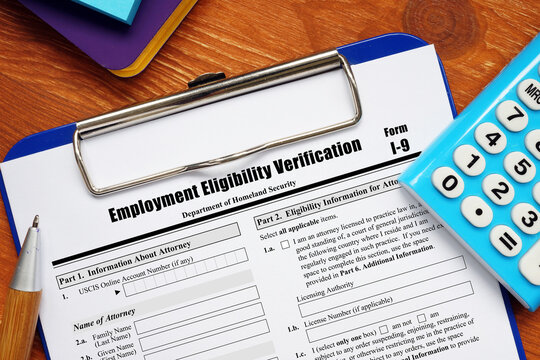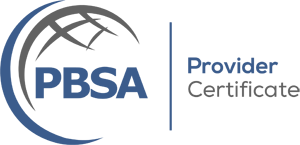What HR Leaders Need to Know about I-9 Regulations

In human resources (HR), compliance with regulations is paramount. Among the key areas of concern for HR leaders is the I-9 form, a crucial component of the employment eligibility verification process in the United States. Understanding I-9 regulations is essential for ensuring legal compliance and avoiding potential penalties. In this blog post, we'll delve into the fundamentals of I-9 regulations and what HR leaders need to know to navigate this aspect of their responsibilities effectively.
What is Form I-9?
Form I-9, officially known as the Employment Eligibility Verification Form, is a document mandated by the U.S. Citizenship and Immigration Services (USCIS). It is used to verify the identity and employment authorization of individuals hired for employment in the United States. Both employees and employers must complete specific sections of the form, attesting to the employee's eligibility to work in the country.
Key Components of I-9 Compliance
Proper Completion: HR leaders must ensure that all new hires complete Form I-9 accurately and within the designated timeframe. This includes providing acceptable forms of identification and employment authorization documents as outlined in the form's instructions.
Retention Requirements:
Form I-9 must be retained for each employee for a specified period, either three years after the date of hire or one year after the employee's termination, whichever is later. HR leaders should establish and maintain organized systems for storing and managing I-9 forms to facilitate compliance with retention requirements.
Reverification:
In certain circumstances, such as when an employee's work authorization document expires, reverification of employment eligibility may be necessary. HR leaders must understand when reverification is required and ensure timely completion of the process to maintain compliance.
Avoiding Discrimination:
It's essential for HR leaders to handle the Form I-9 process without discriminating against employees or job applicants based on their citizenship status, national origin, or other protected characteristics. All individuals must be treated fairly and without bias throughout the verification process.
Consequences of Non-Compliance
Failure to comply with I-9 regulations can result in significant consequences for employers, including fines, penalties, and legal liabilities. HR leaders bear the responsibility of ensuring that their organizations adhere to all applicable regulations and maintain thorough documentation to demonstrate compliance in the event of an audit or investigation.
Partnering with Compliance Experts
Navigating the intricacies of I-9 regulations can be complex, especially for HR professionals managing large-scale hiring processes. Partnering with compliance experts and utilizing electronic I-9 verification systems can streamline the process, mitigate risks, and ensure accuracy and efficiency in maintaining compliance.
In conclusion, HR leaders play a critical role in ensuring compliance with I-9 regulations to uphold the integrity of their organizations' employment verification processes. By understanding the key components of I-9 compliance, maintaining meticulous records, and leveraging resources and expertise, HR leaders can effectively navigate this aspect of their responsibilities and mitigate risks associated with non-compliance.
At Western Verify, we recognize the importance of compliance in HR operations and offer comprehensive solutions to support organizations in meeting their regulatory obligations. Contact us today to learn more about how we can assist you in achieving and maintaining compliance with I-9 regulations. Ensure compliance and peace of mind with Western Verify. Your trusted partner in HR compliance solutions.
Written by Justin Leavitt
Justin is the Co-Founder and CFO of Western Verify, and spends his free time traveling with his family and trying his best to golf.

Justin is the Co-Founder and CFO of Western Verify, and spends his free time traveling with his family and trying his best to golf.


